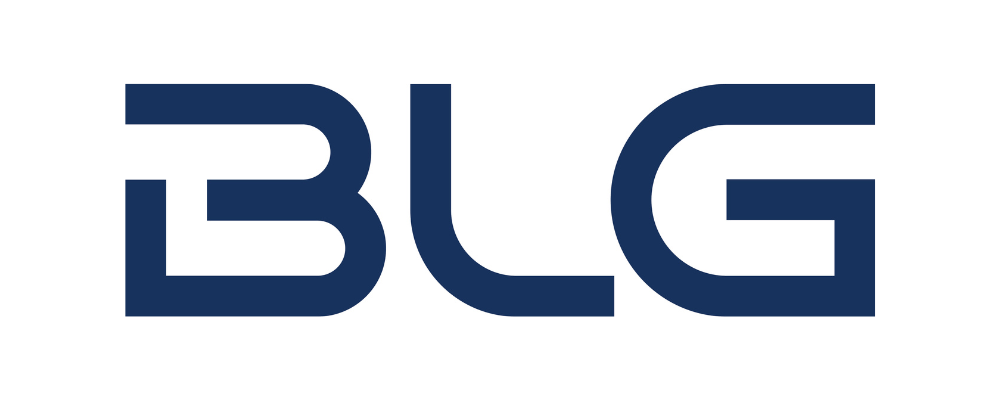Owners of intellectual property rights (the owner) should keep in mind the measures provided for in the Trademarks Act and the Copyright Act (collectively, the Acts) intended to address the importation and exportation of counterfeit goods in Canada as part of their enforcement toolbox.
This can include if the conditions are met, pharmaceutical products for example. The process provided for in these Acts arises from the general prohibition on importation or exportation of goods if the goods or their labels or packaging bear a trademark that is identical to, or that cannot be distinguished in its essential aspects from, the registered trademark, or of works or other subject-matters in which copyright subsists.
This process is only available in respect of a “protected mark”, which means a registered trademark or a protected geographical indication, but there is no requirement to register the work or other subject matter in which copyright subsists. Therefore, when considering whether to apply to register a trademark or rely solely on unregistered rights, the ability to access this process if necessary should likely be a factor in the decision-making. A summary of the general process is set out below, but there are exceptions to the general process and additional relevant information in the respective legislation, so regard should be given to the legislation when determining how to proceed.
Summary of the process
In respect of both trademarks and copyright, the process starts when the owner of the rights files with the Minister of Public Safety and Emergency Preparedness (the Minister) a request for assistance in pursuing remedies under the Trademark Act or the Copyright Act (RFA). Canada Border Services Agency (CBSA) has developed an application to be filled out to make this request. Once the RFA is accepted by the Minister, it is valid for two years but can be extended, more than once, for two years.
If a customs officer detains goods or works and the Minister has accepted a RFA with respect to the goods or works, the officer can provide to the owner a sample of the goods or copies of the works as well as information about the goods or works that could assist the owner in pursuing a remedy under the Trademarks Act or the Copyright Act.
If the owner does not take action, the amount of time that the customs officer can detain goods or works is limited – generally, no more than 10 working days, or five days if the goods or copies are perishable. To extend the detention period, court proceedings have to be commenced and notice provided to the Minister before the goods or works are released. Therefore, as the timeline shows, the owner must decide to pursue a remedy and take the first enforcement step quickly. It is prudent to establish an internal process upon filing an RFA that sets out how to proceed if an RFA is engaged. This could include a method for determining whether the goods or works are, in fact, likely to be counterfeit. Ensure your Canadian counsel has sufficient information to draft a pleading and that pre-approvals are in place. The goods or works will continue to be detained until one of several triggering events occurs, including the final disposition of the proceedings or the owner consents to the goods or works no longer being confined.
The Trademarks Act and the Copyright Act each provide for liability, payable to His Majesty in the right of Canada, for charges incurred relating to the storage of detained goods and works that should be reviewed for further information about a specific situation.
Damages can be awarded against the owner who commenced proceedings, payable to the party to the proceeding for losses, costs or prejudice suffered as a result of the detention. The Copyright Act additionally specifically allows for damages to be awarded to the owner as a result of the storage of the detained copies.
By Borden Ladner Gervais LLP “BLG” >>
“As Canada’s law firm, BLG provides high-value advice and advocacy to address our clients’ business challenges and problems. We go beyond legal to anticipate, consult and advise in a rapidly changing digital world.
We have extensive experience acting in specialized and complex deals and disputes. Vigilant, curious and collaborative, we harness technology and innovation to offer our clients exceptional service and value.
With 800+ lawyers across Canada, we serve clients throughout North America, Europe, and Asia. Offering expertise in intellectual property, disputes and corporate transactional matters, our connectivity gives our clients the next-level service required to achieve success in complex and international matters.”
Please visit the firm link to site


